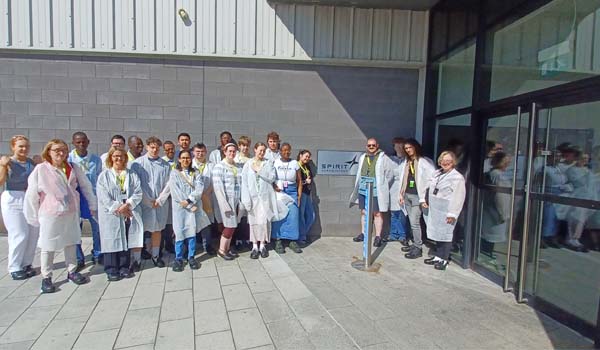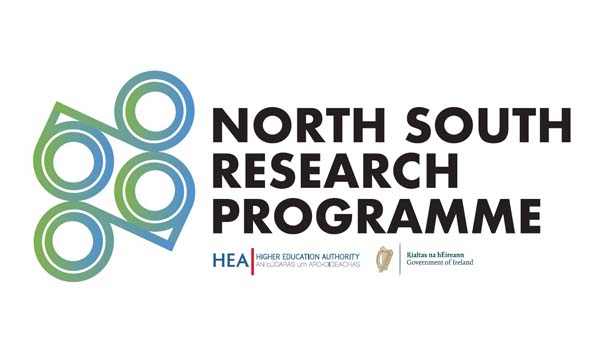TU Dublin and Ulster University Engineering Students Tackle Unsustainable Consumption and Production Practices

Engineering students from TU Dublin and Ulster University recently took part in a pilot Summer School designed to equip them with the professional skills required to prevent unsustainable consumption
The Summer School was organised by the PROFESS 12 project, funded by the Higher Education Authority and the Department of Further and Higher Education, Research, Innovation and Science through the North-South Research Programme. Over five days, the students participated in a range of activities to help them understand the importance of sustainability from an engineering context, develop the critical skills required for working with people from diverse cultural backgrounds, and enhance their communication and presentation skills.
During the first half of the summer school, students participated in group activities focussed on solving the United Nations Sustainable Development Goals and creating a product using circular economy principles. A simulation exercise was also conducted to help the students learn about working with people of different cultures and how it feels to give and receive help whilst practising their negotiation and leadership skills. A key aim of the project is to improve relationships with researchers and students in the North and South, and a tour of Dublin’s famous Guinness Storehouse was organised to help students explore the historical aspect of Dublin City.
The second half of the summer school, hosted by Ulster University, focused on sustainability in mobility and transport and involved visiting Spirit AeroSystems, where students learned about new manufacturing processes of aerostructures for commercial aircraft. Another exciting site visit to the research and manufacturing facility of Artemis Technologies, a company developing zero-emission maritime vessels, was organised, while Belfast’s shipbuilding history was explored during a trip to the Titanic Museum.

The week concluded with workshops designed to help students calculate their carbon footprint and reflect on how they could make a change in the world, while a prize-giving ceremony with prizes awarded in various categories related to engagement, leadership and communication skills.
Commenting on the summer school, students discussed how effective it was in helping them develop their skills.
“I found the summer school so beneficial, and it taught me a lot about SDG 12 and the fundamentals of engineering. It also gave me a great outlook on the engineering industry with the site visits”.
“That resolving communication issues is just as important or more important than good communication.”
“Being able to understand the diversity among different cultural backgrounds and career disciplines but at the same time having so much in common as human beings.”
“To be conscious of my own personal consumption and also incorporate responsible production in my future projects”.
“The industry visits to Spirit Aero and Artemis showed me how different companies tackle sustainable issues through engineering.”
“The Majoria / Minoria activity was quite helpful in expanding my train of thought from differing perspectives.”
The PROFESS 12 team would like to acknowledge the support of the Higher Education Authority, the Department of Further and Higher Education, Research, Innovation and Science and the Shared Island Fund for funding the project.

